Next EU presidency: ESI Manual on Who is who in Budapest – 2010 revisited
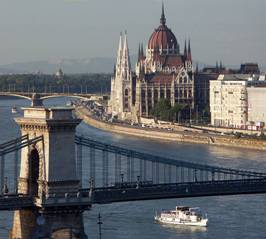 |
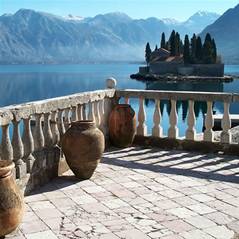 |
|
Ki kicsoda Magyarországon? – The next EU candidate - Montenegro |
|
One of the nice things about knowledge is that it increases for everybody once it is shared.
We have shared our reports since 1999. Thanks to our donors we are able to share online the 10 ESI Balkan documentaries "Return to Europe" as well – and since last weekend these are also all broadcast on Moldovan television (if you spend the holidays in Chisinau and speak Romanian we obviously recommend this).
One essential bit of knowledge we need as a think tank is who the people are in each country in Europe who have most influence on the policies we care about. For this purpose we started to produce ESI Who is who manuals. In 2010 so far another two new ESI manuals have been published: on the Belgian enlargement debate (July 2010) and on Turkish-Armenian relations (August 2010).
On the eve of Hungary assuming the EU presidency for the first time ever in early 2011 we are happy that, thanks to the support of Erste Foundation, we can offer our readers also a guide to this important and often little known European country:
Who is Who - ESI Manual on the enlargement debate in Hungary (December 2010)
One way in which sharing this knowledge increases our knowledge is if you provide feedback and information on what not to miss as we update and add new ESI manuals in 2011. We look forward to hearing from you.
 |
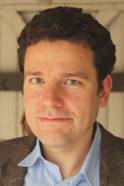 |
|
Discussing Return to Europe on TV in Moldova (Dec 2010) – ESI's Hungary analyst – Kristóf Gosztonyi |
|
The art of (not) reading
As another year comes to an end, it is sobering to reflect how many books we have purchased but will be unable to read; how many interesting reports are in our inbox which we are unable to absorb.
We are the sum of the books we read, talk about and forgot; Pierre Bayard calls this our "inner libraries." At the same time, as Bayard famously noted, the infinity of available texts can also be an argument not to read at all, all the more so because,
"it's totally possible to carry on an engaging conversation about a book you haven't read – including, and perhaps especially, with someone else who hasn't read it either."
 |
|
Indispensable in the policy world – even if you might not need to read it to be |
All the more reason to thank all of you who have given us their time in 2010:
- those who made the effort to actually read any of the ESI reports which we sent your way: reports on libertarian revolutions in Georgia, on mistaken fears about train crashes in EU-Turkey relations, on populist turns in the German debate on Islam and Turks, and on the incredible shortsightedness of current EU policies isolating Kosovo; among others.
- those who have come to hear us speak in 2010, in Teheran and Tel Aviv, Belgrade and Pristina, Baku and Yerevan, Amsterdam and Istanbul, Tirana or Vienna; or who have visited our website, downloading things, forwarding things, writing to us.
2010 in our region
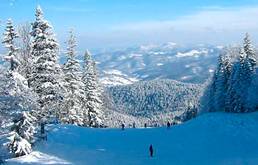 |
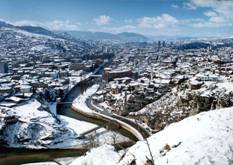 |
|
Bosnian tourism – Sarajevo |
|
In our part of the world, Europe's Greater South East, 2010 has not been an altogether bad year:
- Croatia and Slovenia have found a way to settle (for now) their border dispute in the picturesque Piran Bay, opening the way for the next EU accession of a Balkan country;
- Montenegro obtained official EU candidate status late in 2010 and Serbia received its questionnaire – both are now working hard on their way towards the EU;
- Bosnia-Herzegovina and Albania have joined other Balkan countries in celebrating visa free travel for their citizens;
- A constitutional referendum in Turkey has paved the way for "normal" civil-military relations;
- The shock of Thilo Sarrazin's publishing sensation "Germany is doing away with itself" in the summer was followed by a very successful visit by the German president to Turkey;
- Finally, in November Emin Milli and Adnan Hadjizade, civil activists, or rather dissidents reminiscent of predecessors in communist Europe in the 1980s were both released from prison in Azerbaijan. You can see their latest video here: Emin and Adnan: We are Back and Thank You.
Of course, from the Greek-Macedonian border to the Turkish-Armenian one, from Azerbaijan to Kosovo, from Berlin to Diyarbakir, enormous challenges to open societies in Europe remain in place. Thanks to our main donors – at this moment Bosch Stiftung, Erste Stiftung, Open Society Foundation and the government of Sweden – we hope to contribute to these debates also in 2011.
In the meantime the whole ESI team wishes you Merry Christmas, happy holidays and a prosperous and happy New Year!


Gerald Knaus
